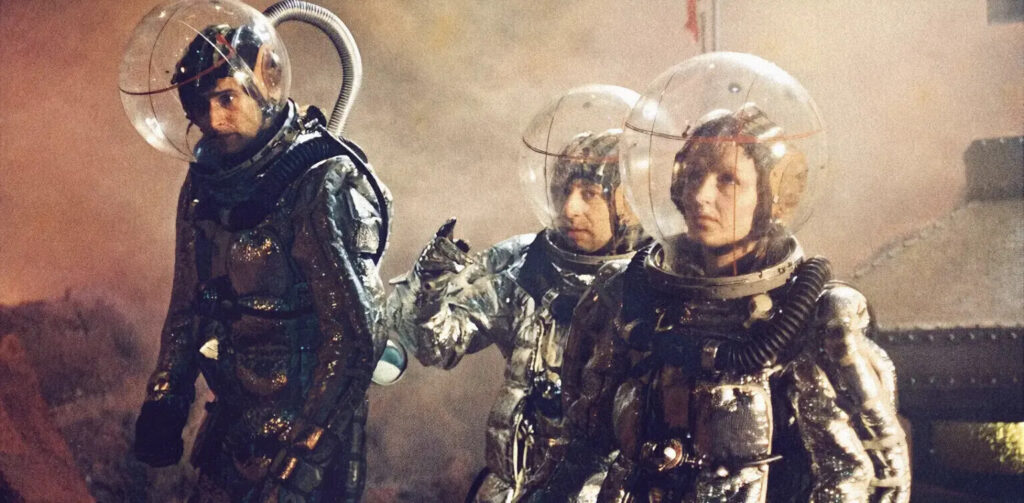 Sunday 14 January 2024, Can Dialectics Break Bricks Cinema: Sexmission (Sexmisja) * directed by Juliusz Machulski * 1984 * 116 minutes * In Polish with English subtitles * free screening * doors open at 8pm * intro & film start at 8.30
Sunday 14 January 2024, Can Dialectics Break Bricks Cinema: Sexmission (Sexmisja) * directed by Juliusz Machulski * 1984 * 116 minutes * In Polish with English subtitles * free screening * doors open at 8pm * intro & film start at 8.30
This is easily the most popular comedy to come out of Poland in the 1980s. Because Poland was still in the Eastern block at that time and couldn’t confront their government openly and directly, they instead created indirect attacks…. innuendos that could bypass the censors and reach an audience who could decode and understand them. They were creating their own language of cinema through a specific style of black humor.
Sexmission was one of the major films in this genre, and once again, it’s a film that’s rarely been screened here in the west. The story of this film? Two men kept in hibernation for 50 years learn they are the only surviving living specimens of the male gender in a new underground society run by women. The female archeologist who digs them up concludes that she has found the missing link between women and apes! These two surviving men face harsh treatment from their female guards, and will do anything to save their skin and to re-establish a male dominated population. This is such a wild flick that when viewed today it has the power to offend almost everyone… but I’ll do my best to re-insert it back into its original context to reveal its true meaning. A crazy East-Block black comedy that operates on many levels, starring Jerzy Stuhr (a favorite of Krzysztof Kieslowski).
Film night at Joe’s Garage, cozy cinema! Free entrance. You want to screen a movie, let us know: joe [at] lists [dot] squat [dot] net
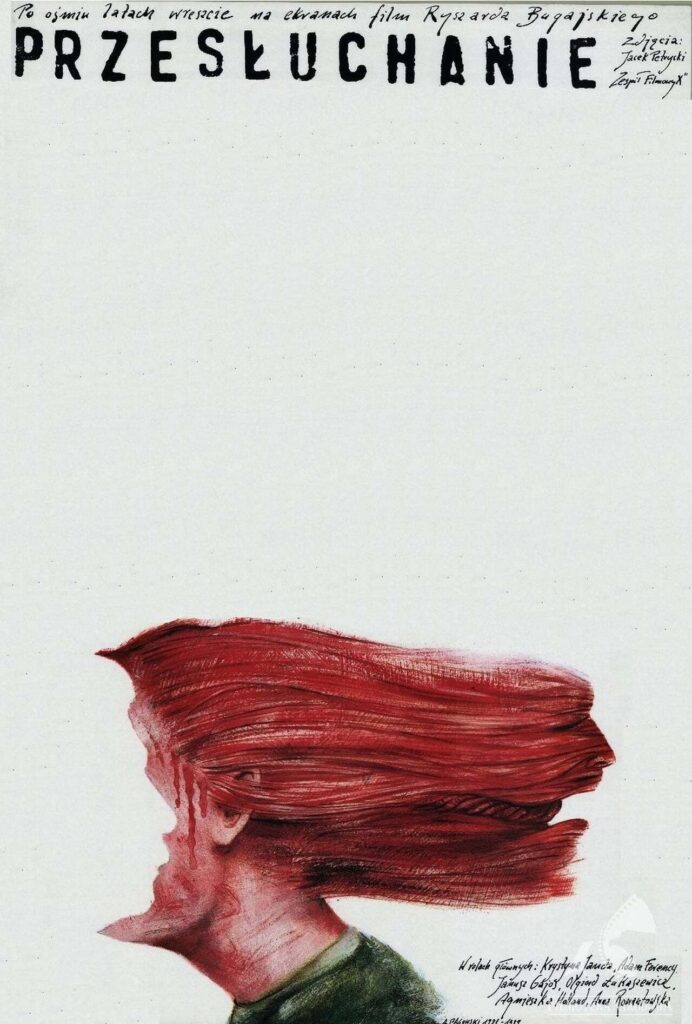
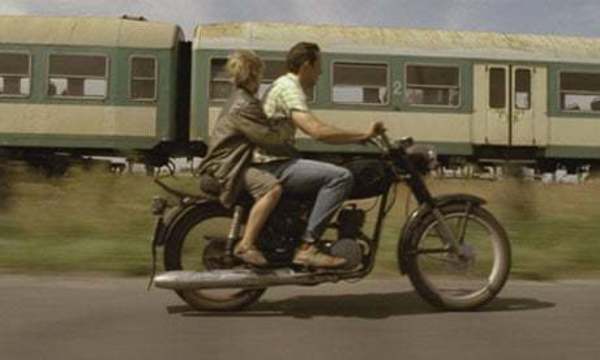
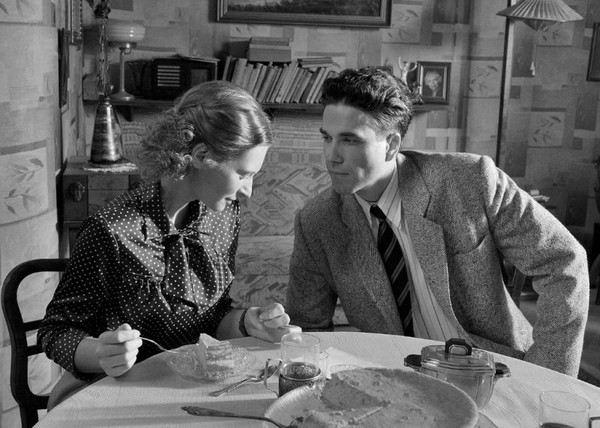
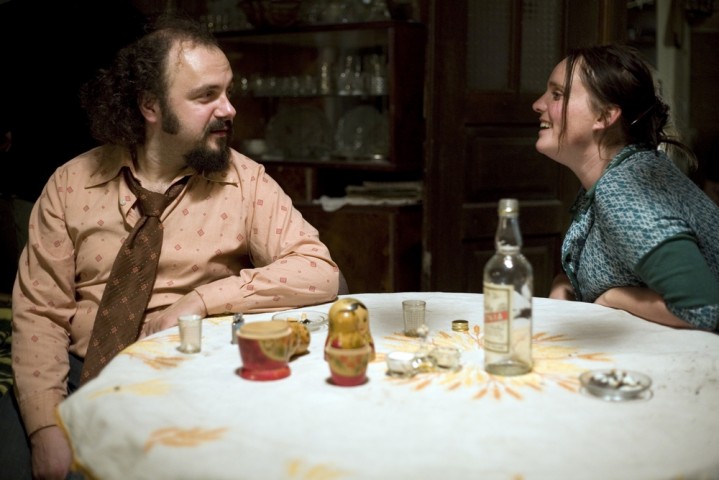

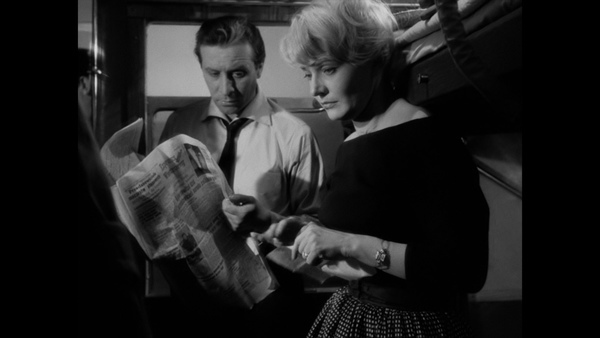
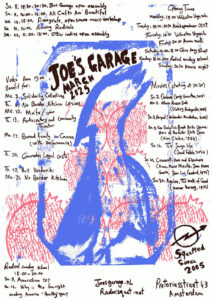
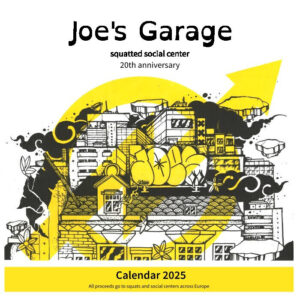
 ANYTHING GOES! Music,…
ANYTHING GOES! Music,…
